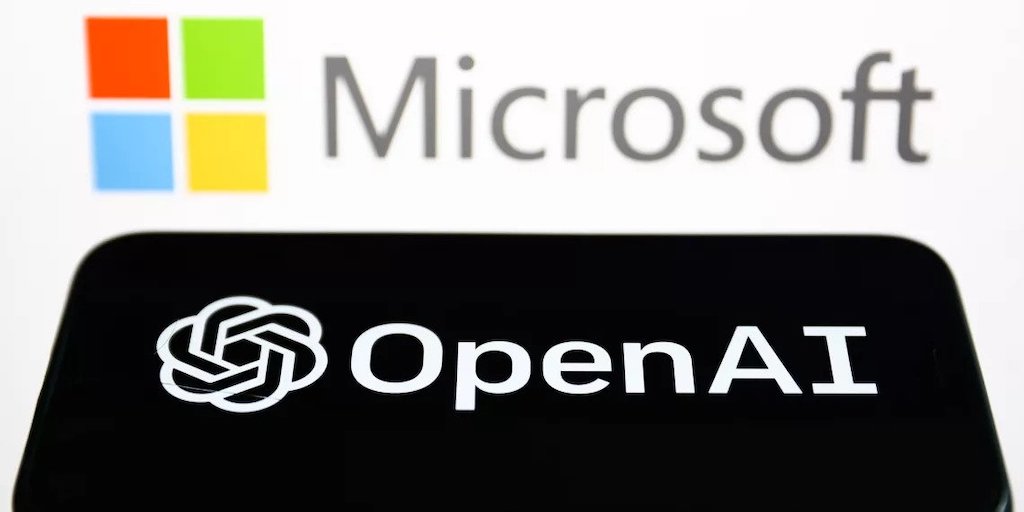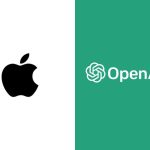Microsoft revealed its decision to enter another multibillion-dollar investment with OpenAI recently.
According to the tech giant, the continued collaboration will help accelerate progress in AI, allowing the two entities to commercialise advanced tech.
Satya Nadella published a blog post to discuss the deal.
“We formed our partnership with OpenAI around a shared ambition to responsibly advance cutting-edge AI research and democratize AI as a new technology platform.”
The investment allows Microsoft and OpenAI to delve deeper into supercomputing and develop new AI-powered experiences.
Past partnership
In July 2019, it was announced that Microsoft had invested in OpenAI, a non-profit artificial intelligence research company, with the goal of developing and promoting friendly AI to benefit people.
As part of the investment, Microsoft and OpenAI formed a partnership to further develop and commercialise the latter’s AI platform and technologies.
As part of the partnership, OpenAI developed and released a new version of its AI platform, called OpenAI GPT-3, which is a large-scale neural network-based language model.
Microsoft integrated GPT-3 into its Azure cloud computing platform, making it available to developers through Azure Cognitive Services, which allows them to add AI capabilities to their applications.
This partnership allows Microsoft to integrate OpenAI’s advanced AI technologies into its products and services, which will help the company improve its offerings and increase its competitiveness in the AI market.
Additionally, the partnership allows OpenAI to gain access to Microsoft’s vast resources, including its Azure cloud computing platform, which will help accelerate the development and commercialisation of its AI technologies.
The AI
OpenAI is a non-profit AI research company that aims to develop and promote friendly AI in a way that benefits humanity as a whole.
The company was founded in December 2015 by Elon Musk, Sam Altman, Greg Brockman, Ilya Sutskever, Wojciech Zaremba, and John Schulman.
OpenAI conducts research in a variety of areas related to AI, including machine learning, computer vision, and natural language processing.
The company also develops and releases open-source AI models, software, and tools to help researchers and developers advance the field of AI.
Additionally, OpenAI engages in public dialogue and education on the potential impact and implications of AI on society.
Language model
ChatGPT is a pre-trained language model developed by OpenAI.
It is based on the GPT architecture, which is a type of neural network-based language model that has been trained on a large dataset of text.
The model has been fine-tuned for conversational and human-like text generation. It can be fine-tuned or used to perform natural language processing tasks like language translation, question answering, and text summarisation.
ChatGPT is designed to be highly efficient, easy to use, and capable of generating human-like text.
It is available as an API through OpenAI’s GPT-3 model, which allows developers to add natural language processing capabilities to their applications without having to train their own model.
Debut and reception
ChatGPT was first introduced by OpenAI in 2019, as a fine-tuned version of the GPT-2 language model.
The model was trained on a dataset of conversational text, making it more suitable for generating human-like text in a conversational context.
Upon its debut, ChatGPT received positive attention for its ability to generate human-like text, making it suitable for a wide range of applications, including chatbots, virtual assistants, and language translation.
The model’s fine-tuning capabilities, which allow it to be adapted to specific use cases, were also noted as a significant advantage.
The reception of ChatGPT was generally positive, with many researchers and developers praising its ability to generate human-like text and its versatility for various natural language processing tasks.
However, some critics raised concerns about the potential misuse of the technology and the ethical implications of using AI to generate human-like text.
This article was first published on New York Weekly
MARKETING Magazine is not responsible for the content of external sites.









